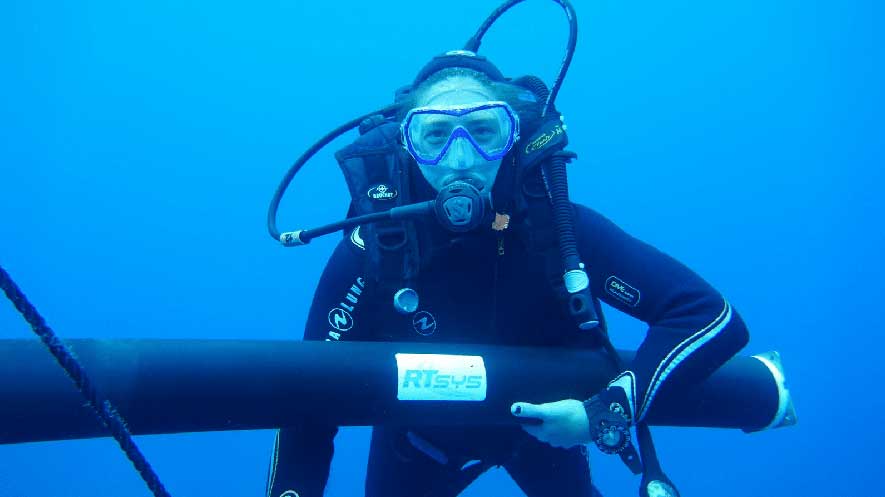Human activities in the ocean such as fishing, marine energy, transport, etc. can have an impact on marine ecosystems, often in multiple ways.
To better understand the consequences of noise from human activities in the ocean and regulate it, the Marine Strategy Framework Directive (MSFD) leads the member states to study the ecosystems in order to reach or maintain, by 2020, Good Environmental Status (GES) of the European oceans. This GES is based on 11 descriptors, including noise. The member states have started to implement monitoring programs, in order to evaluate the status of the marine environment from a noise point of view.
Among the submarine acoustic recorders on the market, those from RTsys, a French specialist in submarine acoustics and electronics, have been qualified by the authorities of several European countries as suitable for submarine measurements within the framework of the MSFD. These are, for example, the German BSH (Bundesamt für Seeschifffahrt und Hydrographie), the Dutch TNO (the Netherlands Organization for applied scientific research) and also the British NPL (National Physical Laboratory). They have been chosen, for example, by Malta, which uses them to make measurements for a month.
The measurements will be made at low frequencies, concentrating on two one-third octave bands at 63 and 125 Hz. At these frequencies, maritime traffic noise predominates over all other noise sources. The ability of RTsys devices to make reliable measurements at these low frequencies, the possibility of calibrating them and the extremely low self-noise of the device are qualities that make the RTsys recorders the ideal tools.
Measurements are in progress, or will be soon, in most countries and the reports must be delivered to Europe by the summer of 2018.





